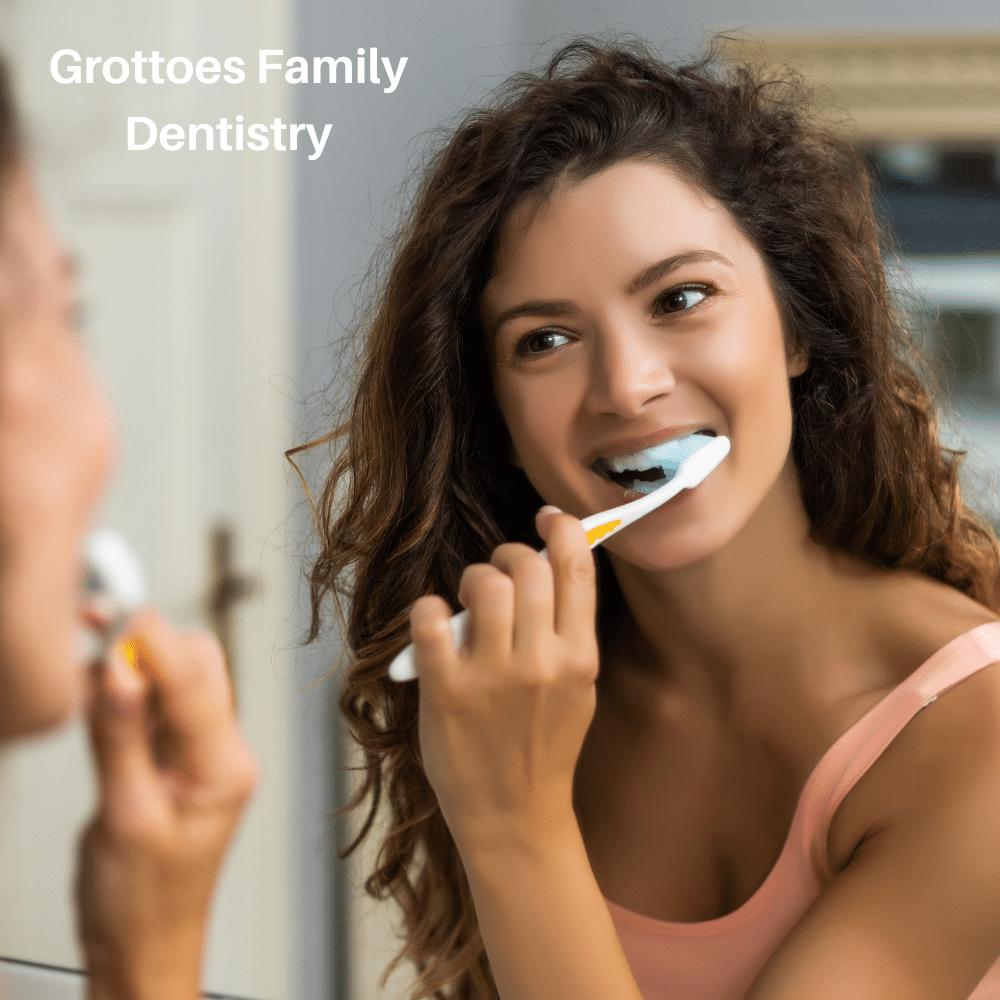Dental problems can affect anyone, but many common issues are preventable with proper care and regular check-ups. This blog post explores some of the most common dental problems, such as cavities, gum disease, and tooth sensitivity, and offers practical tips on preventing them. By understanding these issues and taking proactive steps, you can maintain a healthy, bright smile for years.
Understanding Common Dental Problems
Dental health is a crucial aspect of overall well-being. However, many people experience dental issues at some point in their lives. The good news is that most dental problems are preventable with proper care, regular dental visits, and good oral hygiene practices. Below, we discuss some of the most common dental problems and how you can prevent them.
1. Cavities (Tooth Decay)
Cavities, or tooth decay (scientifically known as dental “caries”), are one of the most common dental problems worldwide. They occur when the enamel (the hard outer layer of the tooth) is damaged by acids produced by bacteria in the mouth. These acids are typically the result of consuming sugary or starchy foods and drinks.

How to Prevent Cavities
- Brush Regularly: Brush your teeth at least twice a day with fluoride toothpaste.
- Floss Daily: Flossing helps remove food particles and plaque between teeth that brushing can’t reach.
- Limit Sugary Foods and Drinks: Reducing your intake of sugary snacks and beverages can significantly decrease your risk of cavities.
- Regular Dental Check-ups: Regular visits to the dentist allow for early detection and treatment of cavities before they become serious.
2. Gum Disease (Gingivitis and Periodontitis)
Gum disease, also known as periodontal disease, is a serious condition that can lead to tooth loss if left untreated. It begins with gingivitis, an inflammation of the gums caused by plaque buildup. If not treated, gingivitis can progress to periodontitis, a more severe form of gum disease that affects the bones supporting your teeth. Periodontitis can lead to tooth loss.
How to Prevent Gum Disease
- Maintain Good Oral Hygiene: Brush twice a day and floss daily to remove plaque and food particles from your teeth and gums. Flossing is especially important to prevent gum disease.
- Use Antibacterial Mouthwash: Rinsing with an antibacterial mouthwash can help reduce bacteria that cause gum disease.
- Quit Smoking: Smoking is a significant risk factor for gum disease, so quitting can greatly improve your oral health.
- Regular Dental Visits: Professional cleanings can help remove tartar and plaque buildup, reducing your risk of gum disease.
3. Tooth Sensitivity
Tooth sensitivity is a common issue that causes discomfort or pain when consuming hot, cold, sweet, or acidic foods and drinks. It occurs when the protective enamel on your teeth wears down, exposing the underlying dentin, or when the gums recede and expose the tooth roots.
How to Prevent Tooth Sensitivity
- Use a Soft-Bristled Toothbrush: A soft-bristled brush is gentler on your enamel and gums and can help prevent erosion.
- Avoid Acidic Foods and Drinks: Limiting your intake of acidic foods and beverages can help prevent enamel erosion.
- Use Desensitizing Toothpaste: Special toothpaste designed for sensitive teeth can help reduce discomfort. Ask your dentist for a recommendation.
- Visit Your Dentist: If you experience tooth sensitivity, a visit to your family dentist can help determine the cause and provide appropriate treatment.
4. Bad Breath (Halitosis)
Bad breath, or halitosis, can be an embarrassing problem that is often caused by poor oral hygiene, gum disease, or certain foods. In some cases, it may indicate an underlying health issue.
How to Prevent Bad Breath
- Practice Good Oral Hygiene: Brush and floss daily to remove food particles and bacteria that can cause bad breath.
- Clean Your Tongue: Use a tongue scraper or your toothbrush to clean your tongue, where bacteria can accumulate.
- Stay Hydrated: Drinking plenty of water helps wash away food particles and bacteria.
- Regular Dental Check-ups: Regular visits ensure that any underlying issues causing bad breath are identified and treated.
5. Tooth Grinding (Bruxism)
Tooth grinding, or bruxism, is a condition where you grind, clench, or gnash your teeth, often unconsciously during sleep. It can lead to tooth damage, jaw pain, and other complications.
How to Prevent Tooth Grinding
- Reduce Stress: Since stress is a common cause of bruxism, practicing stress-reducing techniques like meditation or exercise can help.
- Wear a Mouthguard: A custom-fitted mouthguard (sometimes called a night guard) can protect your teeth from grinding while you sleep.
- Avoid Caffeine and Alcohol: These substances can increase the likelihood of grinding.
- Seek Professional Advice: If you suspect you grind your teeth, talk to your dentist about treatment options.
Ready to take the next step in protecting your family’s smile? Give us a call!
Don’t wait until a minor dental issue becomes a major problem. Schedule your next appointment with Grottoes Family Dentistry today! Our team is here to help you with all your dental needs, from preventive care to advanced treatments. Contact us at 540-249-4242 or book your appointment right here on our website. Let’s work together to keep your smile healthy and bright!
